The 27 Most Controversial Movie Characters
The feared, the hated, the slated. Cinema's most inflaming creations...
Gus
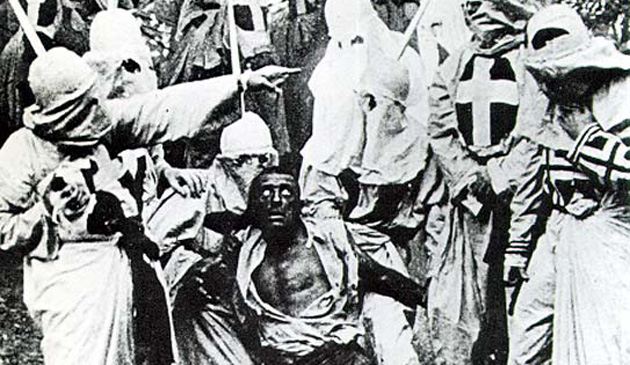
D.W. Griffiths' astonishingly offensive epic paints emancipated black Americans as a power-hungry swarm, and the Klu Klux Klan as righteous campaigning heroes.
The flashpoint of the film's racism surrounds the character of Gus, a veteran of the Civil War (played by a white actor in blackface) who asks a white woman to marry him.
She refuses, and he persues her, only to be chased down and lynched, triumphantly, by the Klan. Nice.
Regan MacNeil
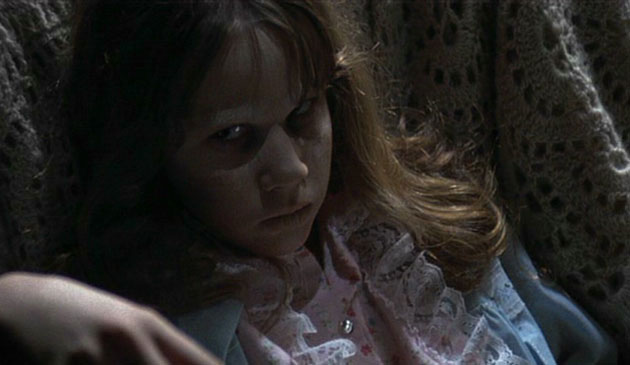
Linda Blair's supernaturally tortured teen is profoundly disturbing in her transformation from apple-cheeked all-American to tongue-spouting demon mutation.
The film was a sensation on release - there were reports of viewers vomiting and passing out in theatres, some of which handed out special 'barf bags'.
But the most shocking thing was the sight of thirteen year-old Blair screaming obscenities ("Let Jesus fuck you!") and stabbing her crotch with a crucifix. You can't unsee that.
Linda Lovelace
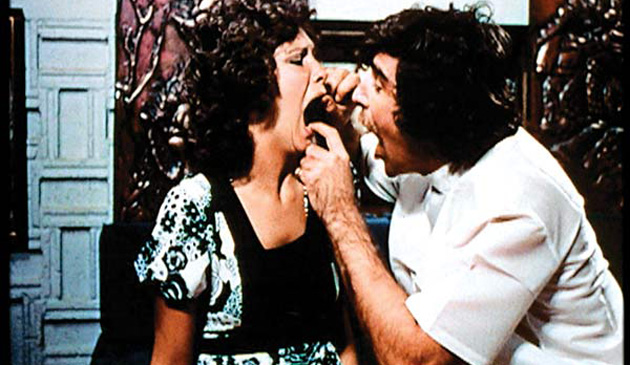
In the first ever crossover hardcore hit, Lovelace plays herself as a woman whose clitoris, a doctor informs her, is located at the back of her throat, and who as a result embarks on a frenzied period of seeking and doing fellatio.
Sign up for the Total Film Newsletter
Bringing all the latest movie news, features, and reviews to your inbox
As plots go, its degrading and scandalously misogynist, but that didn't stop the film becoming a breakout box-office success (estimates vary from the FBI's $100 million to $600 million) and sparking unheralded mainstream interest in pornography.
Lovelace would later claim that she was forced by her abusive husband to act in the film, and that anyone watching it is "watching me being raped."
Chucky
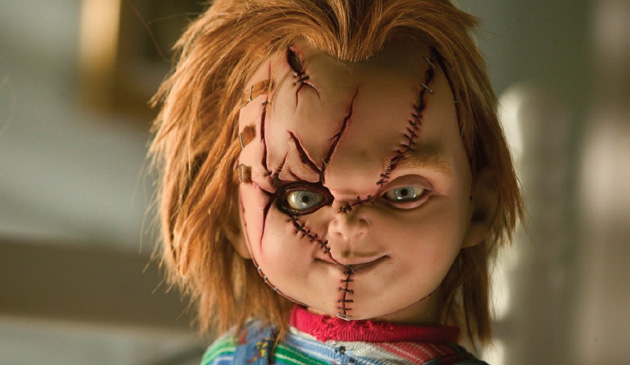
The creepy killer doll of this cheapo '80s slasher flick is a devliishly unnerving creation, taking the innocence of childhood and screwing into a scarred and homicidal nightmare.
The connection between kids and murder brewed up a predictable tabloid storm, and though experts have consistenly dismissed connections with real murders, one of the Child's Play sequels was mentioned in the case following the 1993 murder of toddler James Bulger.
Hamza
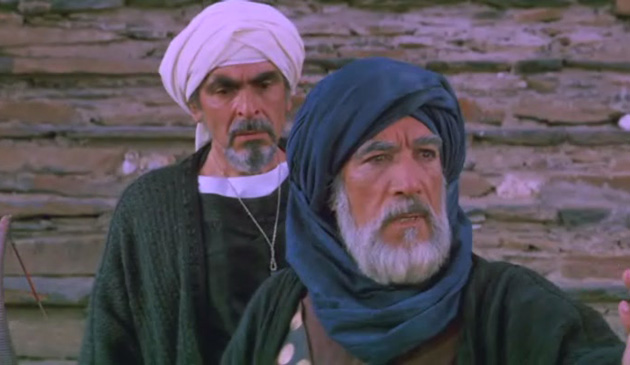
Moustapha Akkad, the director of this religious epic, was so keen to bring the story of Mohammed to the screen that he not only accepted funding from Colonel Gaddafi but also carefully complied with Muslim beliefs about representations of Mohammed, which prevented his central character from ever appearing in his film.
Instead the film is led by the prophet's uncle, Hamza, played by Anthony Quinn, and organ music is played during scenes when Mohammed would be present (really).
This didn't stop an extremist Muslim group laying siege to three buildings in Washington DC in 1977 and demanding that the film's release be stopped.
Aladdin
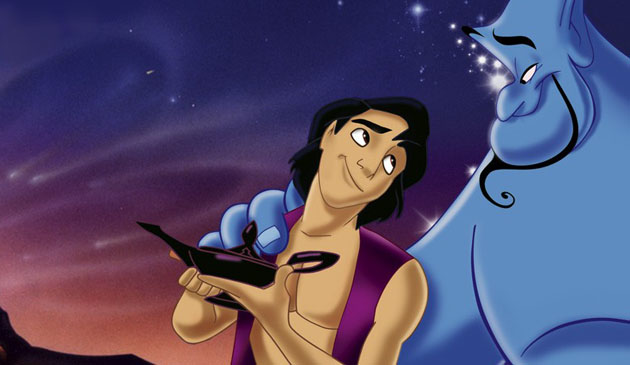
The first of two Disney racism controversies in the list. Viewers and critics were left wondering why plucky street urchin Aladdin looks like a typical Disney hero with a bit of a tan , while the film's villain was unflatteringly, stereotypically Middle Eastern .
Even worse, the lyrics in the song 'Arabian Nights' originally went "Where they cut off your ear if they don't like your face" before a complaint from the American-Arab Anti-Discrimination Committee saw them changed to "Where it's flat and immense and the heat is intense." Much better.
Catherine Tramell
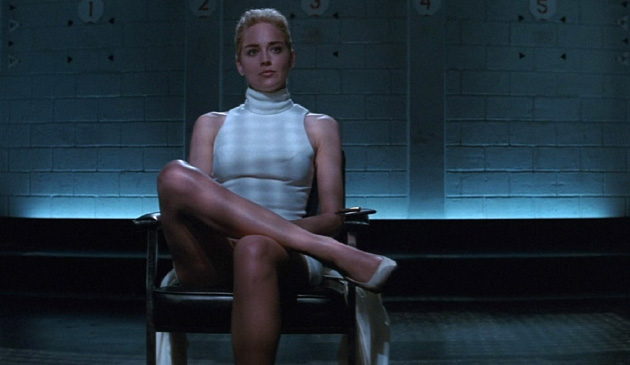
Sharon Stone's career-defining turn as the sexy, stabby psychopath and author Catherine Tramell is absolutely electric, with Stone sizzling onscreen (opposite a comparatively flaccid Michael Douglas) and notoriously revealing all in that leg-crossing interrogation scene.
While Stone's overpowering eroticism became an international talking point, gay and bisexual groups complained that she represented another Hollywood depiction of alternative sexualities as perverse, fetishised and murderous. They had a point.
Dil
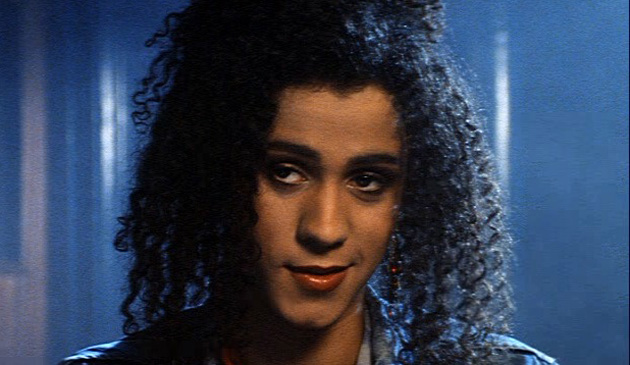
The Crying Game morphs from gritty revenge thriller to intelligent romantic drama without missing a beat, and fuses the two together with the showstopping reveal that dead soldier's ex Dil - played by the luxuriously androgynous Jaye Davidson - is (er, spoiler!) a man rather than a woman.
Rather than an outcry, the twist sparked positive controversy - critics competed to see who could tease their readers the furthest without revealing the film's close, and marketing centred on the secret powered the film to huge and unexpected success.
Telly
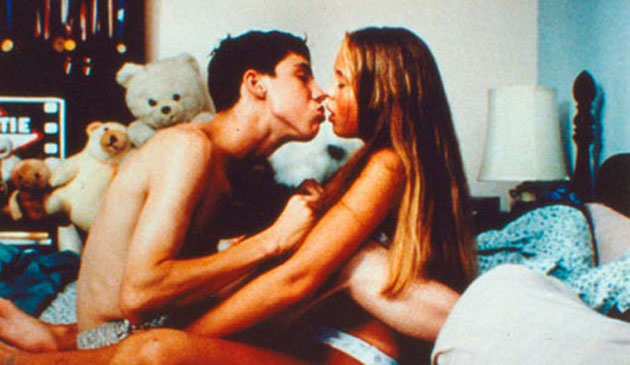
The gleaming tip on the spear of outrage that is Larry Clark's candid peek at the life of New York teens. Telly is the focal point of the drama - an unknowing AIDS carrier, he boasts continually that he only sleeps with virgins to avoid disease, and date-rapes an underage girl at the film's climax.
The storm surrounding the film meant distributor Miramax, owned by Disney, were forced to cancel their plans to release it, leaving chairmen Bob and Harvey Weinstein to put it out independently.
Mudflap and Skids
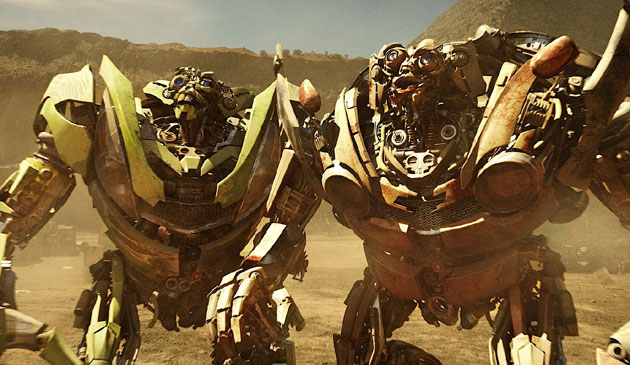
Stupid new 'edgy' Autobot characters added to the Transformers sequel (they 'arrived from space' is the plot's shaky official line) apparently just to shift a few extra toys.
Which, you'd have thought, they could have done without being so offensively caricatured. For no reason whatsoever, the twins, who have jug-ears and crooked teeth, speak with what most critics picked up on as a rural African-American twang.
Even the film's writers, Alex Kurtzman and Robert Orci, were shocked. "It’s really hard for us to sit here and try to justify it," said Kurtzman. "We were very surprised when we saw it, too."
The Total Film team are made up of the finest minds in all of film journalism. They are: Editor Jane Crowther, Deputy Editor Matt Maytum, Reviews Ed Matthew Leyland, News Editor Jordan Farley, and Online Editor Emily Murray. Expect exclusive news, reviews, features, and more from the team behind the smarter movie magazine.


